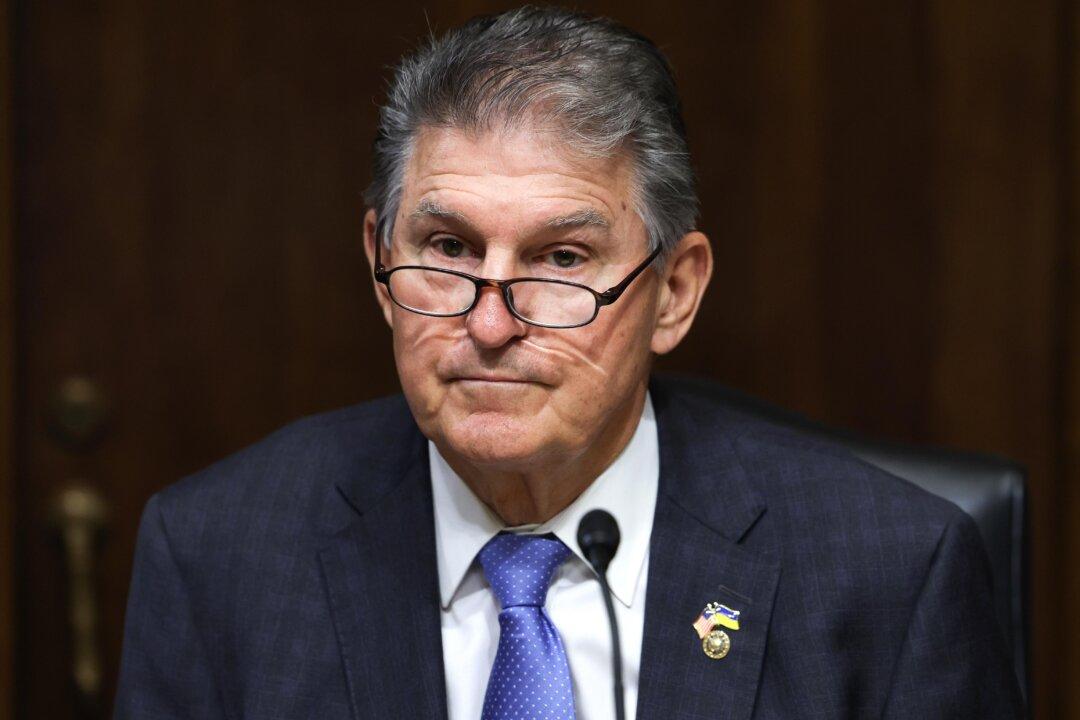Sen. Joe Manchin (D-W.Va.) has sharply criticized the Biden administration’s newly proposed rules that mean to disqualify electric vehicles (EV) made with parts from “foreign entities of concern” such as China from receiving the $7,500 EV tax credit, but contain exemptions that Mr. Manchin says leave the door open for Chinese firms to benefit “off the backs of American taxpayers.”
Mr. Manchin’s objections relate to newly proposed guidance issued by the Treasury Department that intends to make the United States less dependent on EV components sourced from foreign adversaries such as China—but includes carveouts that seem to undermine that very objective.





